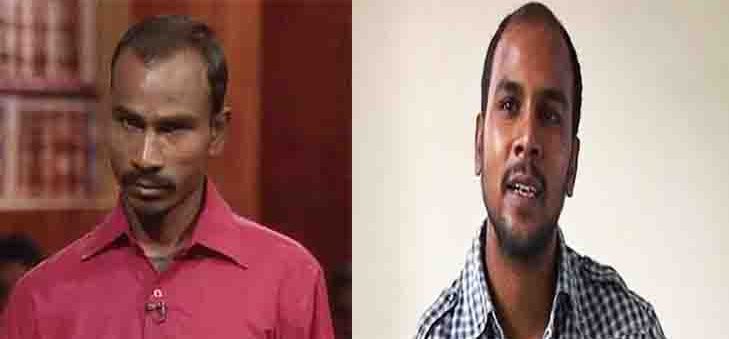Mukesh Singh told me that he wasn’t involved in Nirbhaya’s gangrape; he was driving the bus following brother Ram Singh’s instruction
Sunil Gupta began working in Tihar Jail in 1981 and was later promoted to the position of spokesperson and legal advisor of the jail. While he worked in Tihar, he interacted with Ram Singh and Mukesh Singh – two of the six convicts in the Nirbhaya gangrape and murder case. While Ram Singh allegedly committed suicide inside Tihar and one of the arrested was tried in a juvenile court for being a minor, four others including Mukesh Singh – are to be hanged on February 1. Gupta writes on his experience of interacting with Mukesh Singh, and about his opinion on death sentence.
—————————————————————————————————————–
Eight convicts were hanged while I worked at Tihar Jail for 35 years from 1981. I have always been against death sentence and continue to be so. Why am I against death sentence? One, I believe that prisons are meant for reform of a convict, and a change of heart in the convict is the primary responsibility of the State. But by hanging a convict, the State is committing the same crime – murder – that the State is punishing the convict for. In what way then, is the crime of the State different from the crime of the convict?
Also, if we look at it from a religious point of view – we can argue that if cannot create new lives, do we have any right to take away someone’s life?
Some people argue that death sentence is appropriate in case of rape, gangrape and murder. However, many lawyers have been arguing that death sentence has not helped in bringing down the number of rapes, gangrapes and murders. Not only do I agree with this argument, I also believe that only convicts from economically weakest sections and the marginalised are ultimately executed. The rich get away with even more horrific crimes.
If we can measure the horrific nature of crimes – and death sentence is passed on those who commit the “rarest of the rare” crimes – one can say that there are worse crimes committed than the Nirbhaya case. I know I can come under attack for saying this. But I can site two cases to indicate what I mean by this.
In the Nithari murder cases of 2006 – in which over 30 minors and an adult (a young woman) were said to be sexually assaulted and killed, and cut into pieces and buried – Moninder Singh Pandher, the owner of the house where the alleged crime took place – was acquitted of all charges but the domestic help Surinder Koli has been given death sentence in most of the cases. While Koli’s death penalty has been commuted to life imprisonment in one of the cases, he is fighting the cases still.
In the Naina Sahni murder case of 1995, – her husband Sushil Sharma was arrested for killing her and trying to dispose of the body by putting it inside the tandoor of a restaurant. This is also known as the tandoor murder case. While the sessions court sentenced Sharma to murder, which was upheld by the high court, the Supreme Court commuted his death sentence to life imprisonment. The Delhi High Court also ordered his release later.
Despite understanding the enormity of her grief, I would still say that I feel Nirbhaya’s mother could have been a bit kind and given the rapists the opportunity to reform themselves. In our country, in no case so far, have four young men been given death sentence and hanged in a single case. The age of the convicts is always considered a factor when it comes to passing a judgment, but that has not happened in this case. The young have their lives ahead and should get a chance to reform themselves.
During my time in Tihar Jail, I had not only spoken to Ram Singh – who allegedly committed suicide (about which I have written in my book with Sunetra Choudhury, Black Warrant, published by Roli Books), but also his brother Mukesh Singh. [The four convicts on death row are Pawan Gupta, Mukesh Singh, Akshay Singh and Vinay Sharma]. Mukesh Singh told me that he was not involved in the rape. His brother Ram Singh (who allegedly committed suicide) was driving the bus and while he went to rape the young woman, he had asked Mukesh to go on driving. Mukesh told me that all of them had consumed alcohol, and he did as instructed by his brother, who would have beaten him up otherwise.
It is unfortunate that if it is really that, and the fact that he couldn’t prove it in court. And then, what do we achieve by hanging criminals? If a rape causes irreparable damage to a woman and her family – ruins their peace and normal lives forever, so does death sentences. Imagine the lives of the women in the families of the convicts who are to be hanged or have already been hanged. Wouldn’t it have been a lot better to give them the opportunity to reform themselves?
[The views expressed belong solely to the author, and may not reflect the opinions of the editorial team]


Comments are closed.